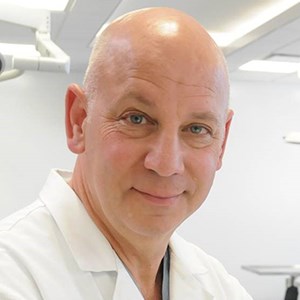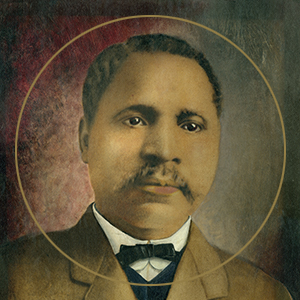There were five teams deployed over 2 months, and in October, I deployed a second time on the fifth and final team rotation to Odessa, adjacent to the Black Sea. Each rotation evolved and improved the necessary course materials.
Our team taught on behalf of the International Medical Corps (IMC) and the Harvard Humanitarian Initiative (HHI), which are non-governmental organizations (NGOs) focused on humanitarian activities. I also instructed a second course that was added during later deployments to teach the fundamental principles of emergency hemorrhage control from the STOP THE BLEED® (STB) course. The content being shared on an ad-hoc basis through these efforts is derived from courses developed and sponsored by the ACS.
The Russian attack on Ukraine—an unexpected and unjustifiable war with large numbers of victims sustaining complex injuries—was thrust on to the Ukrainian people and their healthcare system. Our goal was to provide the tools to improve the care of severely injured patients and enhance survival.
Imparting the Fundamental Principles of Immediate Management of Injured Patients
The first individual to provide care to the injured patient has a significant opportunity to impact outcome. Every minute counts in trauma care; many lives can be saved during what was once referred to as the “golden hour” after injury.
The “student audience” for the training, based on fundamentals in ATLS, was comprised primarily of Ukrainian physician and nurses. Some of them recently were drafted into uniform, but most were civilian healthcare providers. Few had prior trauma experience. We had some emergency room physicians and surgeons, but most of the participants were from other specialties such as infectious disease, pediatrics, pulmonary, and hematology. Everyone wanted to be prepared to do their part if the conflict continued to result in large numbers of casualties that could, once again, overwhelm the facilities and systems. These preparations had previously befallen Ukrainian health workers in late February and early March 2022. I learned that one pediatric hospital received more than 40 adult casualties shortly after the invasion began—an unexpected mass casualty event of crisis proportions.
Each training session started with didactic lectures that included PowerPoint slides and videos. We then split up into small groups for hands-on skills stations. Realistic mannequins were used at the skills stations to instruct four to five students at a time. The skills station goal was to reinforce the crucial elements of securing a patient’s airway, stopping bleeding, stabilizing fractures, assessing disability, and more.
The fundamental concept of ATLS provides a standardized algorithm and language for immediate assessment and management of injured patients. It teaches how to evaluate the patient’s condition rapidly and accurately, then initiate lifesaving treatments such as opening airways, inserting chest tubes, and applying tourniquets to manage bleeding. Resuscitation and stabilization proceed for the patient systematically and, according to priority, stopping for lifesaving interventions. This comprehensive approach provides a proven framework, especially for those to whom trauma care is new.
The slides and materials were translated into the Ukrainian language, and we also had language interpreters at the lecture sessions and skills stations, which was essential. This way, the material could be read, the participants were able to receive lectures in their language, and they had the opportunity to practice and demonstrate the knowledge and skills in a small group setting.
ATLS was introduced in 1980, and now has been taught to more than 1 million doctors in more than 80 countries around the world.* While Ukraine remains in a state of active conflict, it cannot be a participant in the recognized ATLS teaching program. Nonetheless, the five IMC/HHI ATLS instructor teams trained 150 physicians and 100 nurses in the fundamentals of immediate patient care based on principles taught in the ATLS course over 2 months with the permission of the ACS.
We also presented slides and videos focused on combat injuries, salvage of severe tissue destruction, and rehabilitation. This was very well-received, and teaching links were established between US instructors and providers in Ukraine for future collaboration, as there are needs for additional teaching and support in all these areas.
In addition, there are issues related to resource allocation that need to be addressed to improve patient outcomes. Development of a more mature trauma system is necessary considering the current conflict and especially after the damage and destruction of so much of Ukraine’s hospitals and healthcare infrastructure.
At the time this article was written, the invading Russians had damaged more than 800 medical facilities and turned another “123 into piles of stones,” according to the Ministry of Health of Ukraine.† The US, its allies, and the NGOs are making great strides to help the Ukrainians move in positive directions, but there will be a great deal to rebuild.











